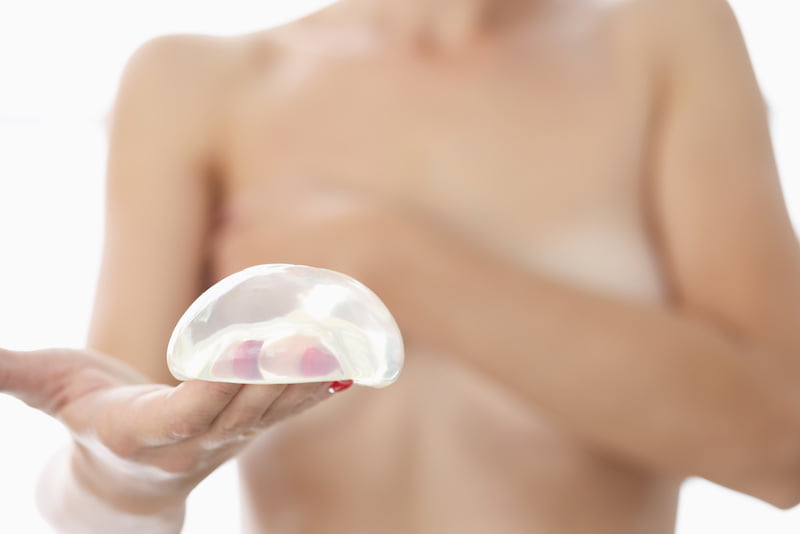
10 Reasons to Remove Your Breast Implants

Dr. Millicent Geers
Breast implant removal, also known as breast implant explantation, is becoming more and more common. The reasons for breast implant removal vary.
Below are the top 10 reasons why women are having their breast implants removed.
Weight gain
With weight gain, implants that were once the “perfect” size may now be disproportionate, cumbersome, and not aesthetically pleasing to you due to added weight in the breast area. Removal of your breast implants may take you to a look that is more comfortable to carry and more aesthetically-pleasing to you.
Too big
I have had many women come to me stating that from the get-go, their implants were too big, despite having discussed with their prior Plastic Surgeon that they didn’t want big implants. The most common reason for this is that their prior Plastic Surgeon believed the patient was going to have “I-went-too-small-regret.” In this case, implant explantation can help you take back control over your body.
Implant rupture
If your implants are ruptured, your breasts may become asymmetric in appearance. Removal of the implants can restore symmetry.
Capsular contracture
Capsular contracture can cause breast asymmetry. Capsular contracture squeezes the implant, making it look high and tight on your chest when compared to your other side. Removal of the implants, with or without capsulectomy (capsule removal) can restore symmetry.
Pain or discomfort
Neck, back, shoulder, or breast pain may be caused by implants. Removal of the implants may possibly alleviate this pain if this pain is not due to other reasons.
Animation deformation
If your implants were placed under the muscle, which is where they are placed the majority of the time with implant breast augmentation, you will notice movement of your implants whenever you engage your pectoralis muscles. This movement is bothersome for some women. Moving your implants to a pocket over your muscle or just removing them all together alleviates animation deformity.,
Breast Implant Illness Concerns
No current symptoms, but you are concerned about the possibility of Breast Implant Illness (BII), also known as Autoimmune Syndrome Induced by Adjuvants (ASIA): BIA or ASIA is an autoimmune syndrome caused by an “adjuvant.” This adjuvant can be a flu, a vaccine, or in the case of plastic surgery, a breast implant. The thought is that an event occurs which hypersensitizes your body, so it overreacts, causing the autoimmune issues. Manifestations may be fatigue, joint pain, muscle aches, and brain fog/cognitive impairment.
Already have symptoms such as brain fog, joint pain, fatigue and your doctor has ruled out Rheumatoid Arthritis, Multiple Sclerosis, or other autoimmune diseases, removal of your breast implants may decrease or alleviate your symptoms. It is important to note that removal of your breast implants does not guarantee improvement of symptoms.
You no longer like the idea of having a foreign body in your body
Sometimes women simply decide that they no longer want a foreign body in their body. Explant surgery achieves this goal.
You no longer have a desire for breast implants
Some women are just over having implants. They want to return to a non-implanted state for no reason other than they just want to – and this is reason enough.
If you are considering implant removal, for whatever reason, Dr. Millicent Geers performs this procedure on a regular basis with beautiful results. Dr. Geers will tailor the surgical plan according to your needs – sometimes implant removal alone is enough. However, for some patients, explant surgery may need to be combined with a breast lift (mastopexy) and/or fat transfer (natural breast augmentation) to achieve a result that will meet the patient’s aesthetic goals. Call 719-633-5255 for your personalized consult with Dr. Geers.






